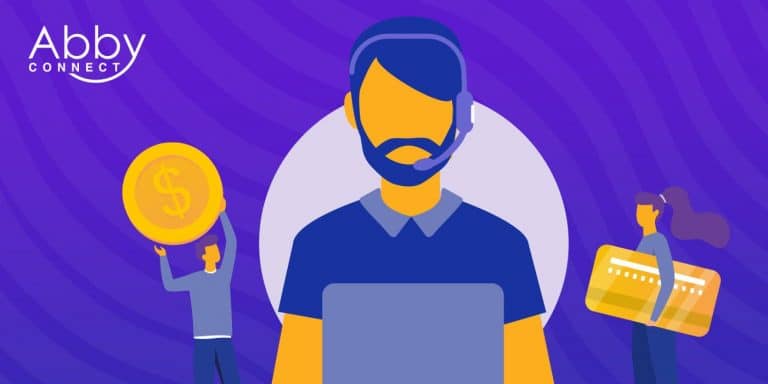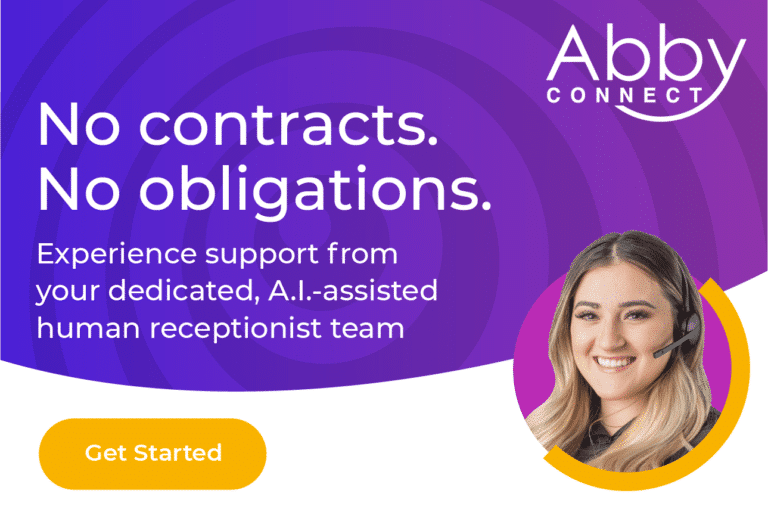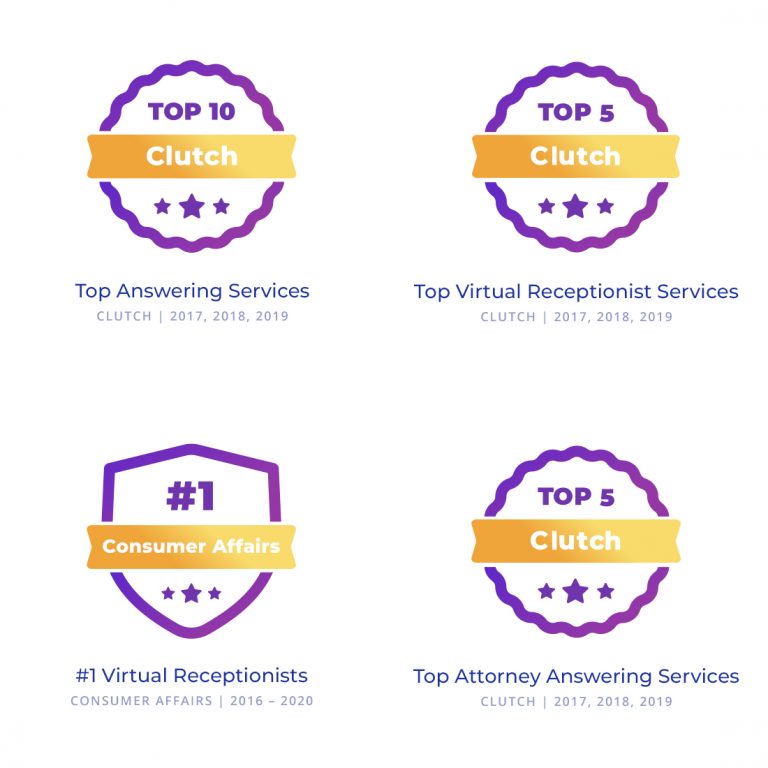
We all want our companies to be the next Amazon, Facebook, or huge market leader in our industry. But, notably, our customers DON’T want that?
Why? Because no matter the quality of the end product, their customer service ends up leaving a lot to be desired. Customers may like what they get from that company, and convenience may drive them there, but they don’t like working with that company.
Technology is the future – but too often it’s making our experiences with companies worse, not better. The big guys, the monopolies and market leaders, aren’t providing good customer service. And that’s why so many consumers prefer working with small business (among many other reasons, of course).
So here are the big three things they’re doing wrong, and how your brand can use your next-level customer service to differentiate from the market leaders in your industry.
1. They Hide Their Phone Numbers
These companies aren’t investing in traditional customer service. Instead, they’re building extensive and confusing FAQ libraries and self-service tools, investing in automation, and hiding their phone numbers.
Now, I’m not saying self-service is a bad thing, in fact it can be a fantastic solution for simple inquiries. That said, self-service can’t solve everything. Some questions are simply too complex or unique to a customer’s experience and can’t be easily answered by generic FAQs.
These large companies would rather you submit a form, attempt to utilize a chat bot, or email them because it’s asynchronous, cheaper, and technically efficient (for them, not you). Again, not a bad solution for some things. But, when you have something time-sensitive or security-sensitive, or you’d even just rather talk to a person about it, this isn’t the best solution.
What do they do? They hide their phone number. They either make it hard to find, hide it in the FAQs (forcing you to scroll through all their documentation to find it), only provide it through their primary channels like chat or email, require you to spend more money with them to access their customer support phone lines, or make you request a call back.
For example: have you ever tried to contact Facebook support? For years they required that you chat with them on Facebook Messenger, or you had to contact them over forms and email. If you lost access to your account, it could take weeks or months (or forever) to regain access. And it’s all for the ease of the company, not the customer.
Hiding phone numbers has the impact of:
- Forcing customers to have conversations on the channel of THEIR choice, not the customers
- Saves them money but negatively impacts customer experience
- Causes customers to have a limited personal relationship with the brand—eventually driving them elsewhere
- And, often, not even solving customer problems
A phone line is more expensive than alternatives but it’s important to (a) meet your customers where they want to talk to you, (b) solve their problems, and (c) create memorable and personal experiences. An easy to find and available phone line is necessary, not optional, for happy customers.
2. They Automate Everything
The business world loves AI, automation, and machine learning. You know who doesn’t? A customer who’s desperate to reach a real person or solve a problem quickly without going through a bunch of prompts.
This automation shows up in the form of:
- Extensive phone trees that answer questions with AI but limit your access to a real person
- Chat bots
- Automation integrated into help docs
Automation has its place – it allows companies to adequately route incoming calls and emails, performs intake so customers can skip straight to the point, and helps with simple queries. On the back end it empowers businesses to increase the efficiency of their staff or the quality of their output. Automation works, when a person is involved.
Successful automation makes a customer’s experience faster and easier. It doesn’t replace the person on the other end of the phone, it supplements them and makes their job easier.
We don’t yet exist in a world where automation can replace every element of human interaction necessary in running a business. To provide next-level customer service, that will drive loyalty and spread your market share, ensure your automation is providing your customers with an easy route to a real person who can help them.
3. They Sacrifice Personal for Efficiency
Have you ever reached out to customer support at a company and found yourself angrily muttering “Give me a real person. A real person!!!”
You can find articles all over the internet that are titled things like “5 Tips for Dealing with Amazon Customer Support” or “How to Reach an Agent at [X] Company”. This happens because they make it hard to reach support.
The theory is that, if they make it hard, only the customer who really want or really need support will reach them. This reduces their customer service costs – but it also reduces their customer loyalty and customer base overall.
Customers’ relationships with companies are inherently personal. If you talk to someone about their hairdresser, accountant, favorite clothing brand, etc. there’s a good chance they’ll be thrilled to tell you all about them. One of the stories you may hear will be about when they got a wrong order, something went wrong, or they had an issue and they talked to the NICEST person who solved their problem and was delightful to work with.
At the end of the day all relationships are personal – including the relationship between a person and a brand. That means customers need to be able to reach a person.
You Aren’t Amazon
Big companies work with unlimited money and vast resources. No matter how good your business is, you aren’t Amazon—and you don’t want to be!
They can afford to ignore their customers and provide mediocre experiences because they have such a huge volume of customers to draw from. Your business will never compete with that. Instead, you need to build real loyalty through brand reputation and your relationships with your customers. That means caring about your customers’ experiences.
Unlike the big guys, you have to care.
Your success hinges on providing a great product or service and also providing your customers with an excellent experience with your company. It is the experience of working with your brand that will draw customers away from the big guys and differentiate you from the competition.
The Abby Difference

Your business should meet your customers where they are and provide a great experience. We can help.
Abby Connect’s live virtual receptionist service is dedicated to creating excellent customer experiences. We provide you with a consistent team of 5-10 receptionists who get to know your business and customers. We become experts in your business, connect to your phone systems, and manage your calls. Your receptionist team is based out of our Nevada offices, where we provide them with the best training, environment, and technology.
With Abby Connect you’ll save 13+ hours a week, increase your ROI from calls, and never miss a call again. We’ll answer, transfer, take message, provide FAQs, do intake, and schedule appointments on your behalf. And we’ll do it all with a smile!

